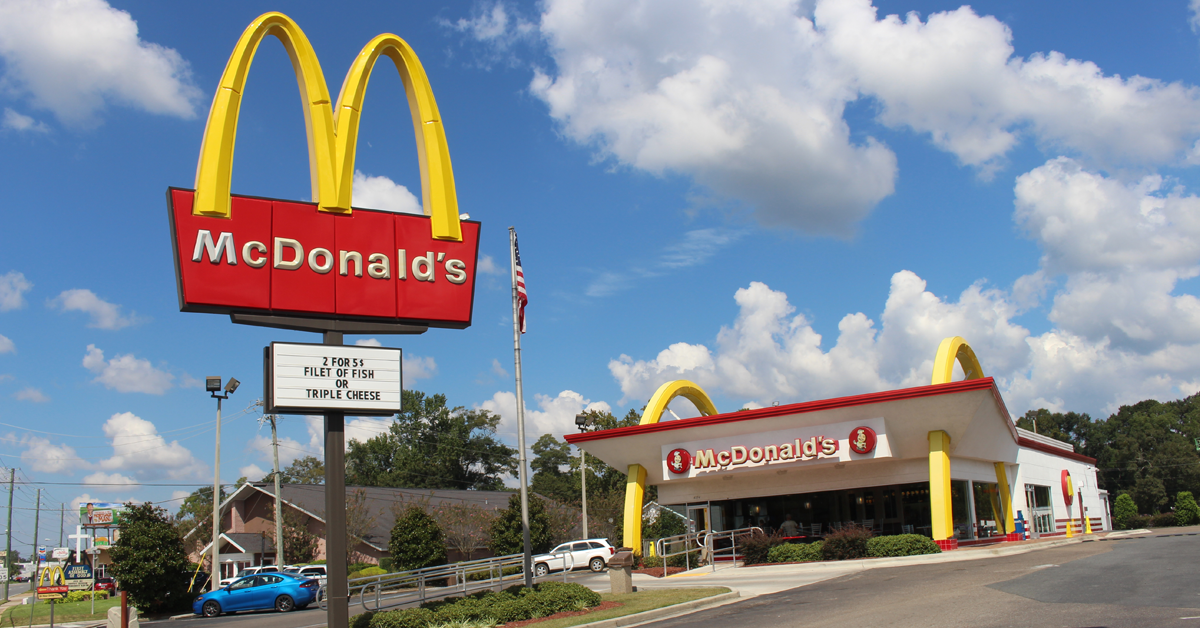President Joe Biden has announced that high-speed internet is an “absolute necessity” and has pledged that every household in the United States will have access to it by 2030.
Biden stated that more than $40 billion would be distributed across the country to deliver high-speed internet in places where there’s either no service or service is too slow. He added that his administration is working with service providers to bring down costs on what is now a household utility.
Driving the news: The internet access funding amounts depended primarily on the number of unserved locations in each jurisdiction or those locations that lack access to internet download speeds of at least 25 megabits per second download and upload speeds of 3 Mbps.
- The funding includes more than $1 billion each for 19 states, with remaining states falling below that threshold. Allotments range from $100.7 million for Washington, D.C., to $3.3 billion for Texas.
- Biden’s challenge is that investments in computer chips and major infrastructure projects such as rail tunnels can take a decade to come to fruition. That leaves much of the messaging focused on grants that will be spent over time, rather than completed projects.
- The Broadband Equity, Access and Deployment program was approved by Congress, along with several other internet expansion initiatives, through the infrastructure bill Biden signed in 2021.
- Under the rules of the program, states must prioritize connecting predominantly unserved areas before bolstering service in underserved areas, which are those without access to internet speeds of 100 Mbps/20 Mbps and in schools, libraries, or other community institutions.
- More than 7% of the country falls in the underserved category, according to the Federal Communications Commission’s analysis.
What they’re saying: Biden said more than 35,000 projects are already funded or underway to lay cable that provides internet access. Some of those are from $25 billion in initial funding as part of the “American Rescue Plan.”
- Hinging such a large investment on FCC data has been somewhat controversial. Members of Congress pressed FCC Chairwoman Jessica Rosenworcel about inaccuracies they said would negatively impact rural states’ allotments in particular, and state broadband officials were concerned about the short timeline to correct discrepancies in the first version of the map.
- With this announcement, the administration is launching the second phase of its “Investing in America” tour. The three-week blitz of speeches and events is designed to promote Biden’s previous legislative wins on infrastructure, the economy, and climate change going into a reelection year.










